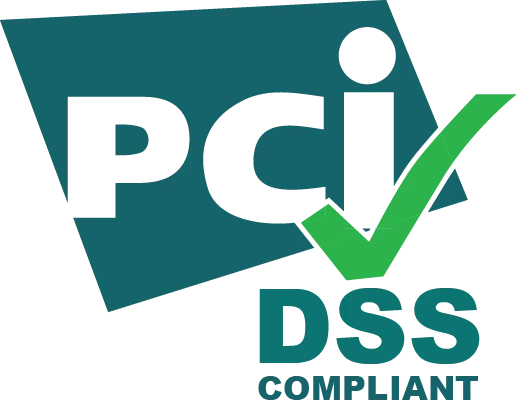PCI

The Payment Card Industry Data Security Standard (PCI DSS) establishes security requirements for organizations that handle payment card data. Achieving PCI DSS certification requires implementing required security controls, undergoing an independent assessment performed by a Qualified Security Assessor (QSA), and performing on-going compliance monitoring. To read more about PCI DSS: click here.
Certification
The Virtru Data Security Platform (DSP) is PCI DSS certified. As a certified third-party service provider (TPSP), Virtru holds an Attestation of Compliance (AOC) and Report on Compliance (ROC), simplifying the compliance process for customers using Virtru in their cardholder data environments.
Report
Virtru customers looking for the latest PCI DSS AOC or ROC to assist with their audits and due diligence can request the report from their account manager or by submitting a request to the Support Center.